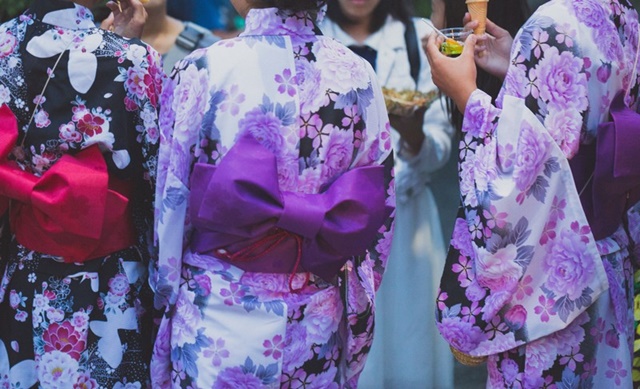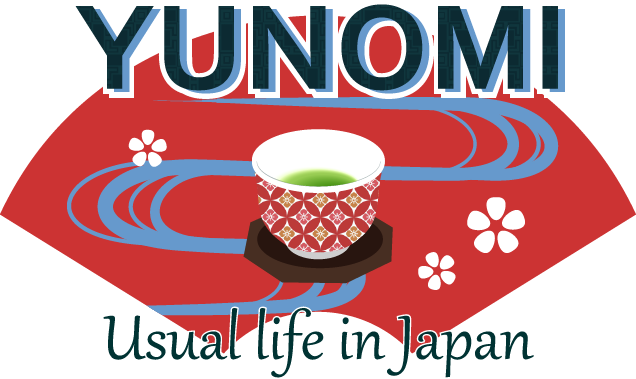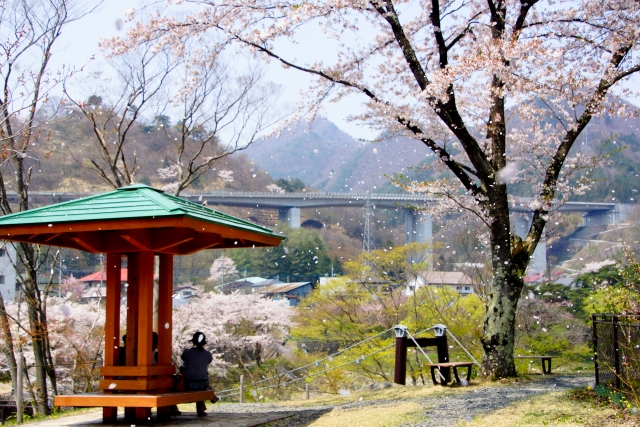What does it really mean?

The phrase literally means “the pathos of things,” or more naturally, “the gentle sadness of being aware.” But it’s not about sorrow. It’s the ability to notice impermanence — a blossom about to fall, the sound of cicadas fading into dusk — and feel moved by it instead of resisting it.
Where it came from
The expression dates back to the Heian period (8th–12th centuries) and appears throughout classical literature. Scholars used it to describe the emotion behind works like The Tale of Genji — moments of quiet longing, nostalgia, or appreciation of life’s flow.
Over time, it became part of Japan’s cultural DNA, shaping art, poetry, and even design.
How it appears in everyday life

- Cherry blossoms: The joy of hanami isn’t only about pink petals — it’s the awareness that they fall at their most beautiful. (See Tsukimi: Japan’s Moon-Viewing Festival.)
- Summer festivals: The cheerful noise of drums and lanterns, followed by the quiet night when everything is over — that lingering feeling is mono no aware.
- Wearing a yukata: Light cotton robes appear only for a few warm weeks each year, then vanish again. (Read Why Japanese People Wear Yukata in Summer.)
- Omikuji fortune slips: Drawing one and tying it to a tree is a small ritual of letting go. (See Omikuji: Japanese Fortune Slips.)
Mono no aware vs. wabi-sabi
These two are often mentioned together, but they’re slightly different. Wabi-sabi values simplicity and the beauty of imperfection — like an aged tea bowl or fading paint. Mono no aware focuses on the emotion you feel when something beautiful passes away. One is about form, the other about feeling.
Modern reflections
You can still sense this awareness in Japanese movies, design, and everyday gestures. A film that ends with a quiet train ride instead of a big finale, or a product that gracefully shows age instead of hiding it — both express mono no aware. It’s not nostalgia; it’s a respect for the rhythm of time.
How to feel it yourself
- Pause when something ends. A sunset, a conversation, even your morning coffee — notice that it won’t come again in quite the same way.
- Value change. Instead of fighting time, see how it gives meaning to moments.
- Keep something old. A chipped cup or worn notebook can remind you that imperfection and time are part of beauty.
A universal emotion
Even if you’ve never heard the word, you’ve probably felt it — the bittersweet warmth of remembering, the silence after laughter, the awareness that every “now” is already slipping away. That’s mono no aware. A Japanese phrase, perhaps, but a human truth.

